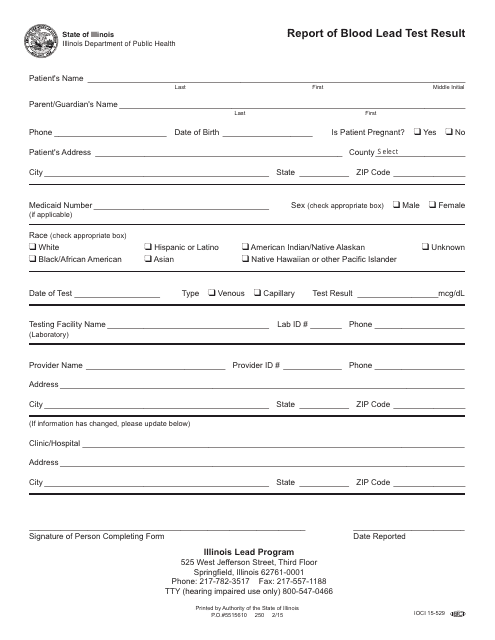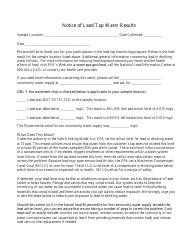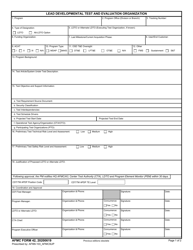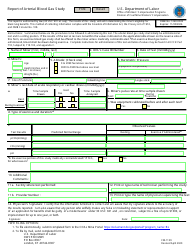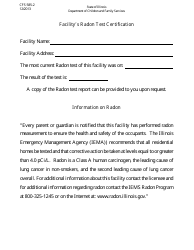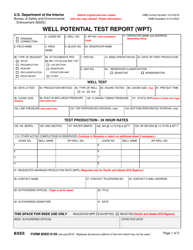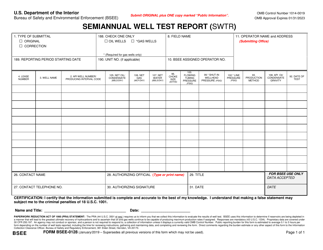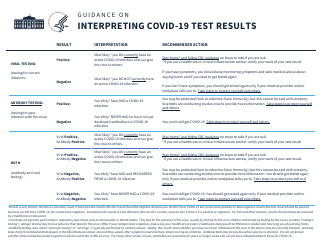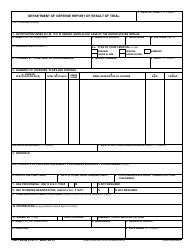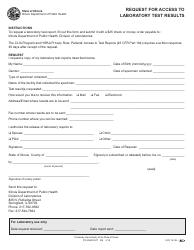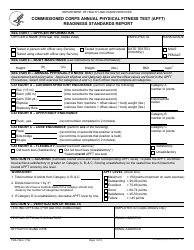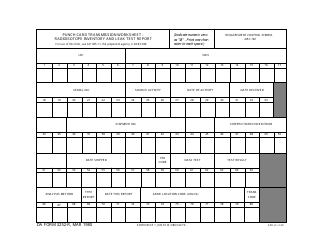Report of Blood Lead Test Result - Illinois
Report of Blood Lead Test Result is a legal document that was released by the Illinois Department of Public Health - a government authority operating within Illinois.
FAQ
Q: What is a blood lead test?
A: A blood lead test is a medical procedure that measures the amount of lead in a person's blood.
Q: Why do people get blood lead tests?
A: People may get blood lead tests to check for lead poisoning, especially in children who may be exposed to lead.
Q: Is a blood lead test required in Illinois?
A: In Illinois, children are required to get a blood lead test at certain ages or if they live in or attend childcare in certain areas with higher risk of lead exposure.
Q: How is the blood lead test done?
A: The blood lead test is done by taking a small blood sample, typically from a vein in the arm.
Q: What is considered a normal blood lead level?
A: A blood lead level below 5 micrograms per deciliter (µg/dL) is considered normal.
Q: What is considered a high blood lead level?
A: A blood lead level of 5 µg/dL or higher is considered high and may indicate lead poisoning.
Q: What are the health effects of lead exposure?
A: Lead exposure can cause a range of health effects, including developmental delays, learning difficulties, and behavioral problems in children.
Q: What should I do if my child has a high blood lead level?
A: If your child has a high blood lead level, it is important to work with a healthcare professional to identify and reduce the source of lead exposure.
Q: Can lead exposure be prevented?
A: Lead exposure can be prevented by avoiding products that may contain lead, keeping homes clean and dust-free, and ensuring proper nutrition to reduce the absorption of lead.
Form Details:
- Released on February 1, 2015;
- The latest edition currently provided by the Illinois Department of Public Health;
- Ready to use and print;
- Easy to customize;
- Compatible with most PDF-viewing applications;
- Fill out the form in our online filing application.
Download a fillable version of the form by clicking the link below or browse more documents and templates provided by the Illinois Department of Public Health.
